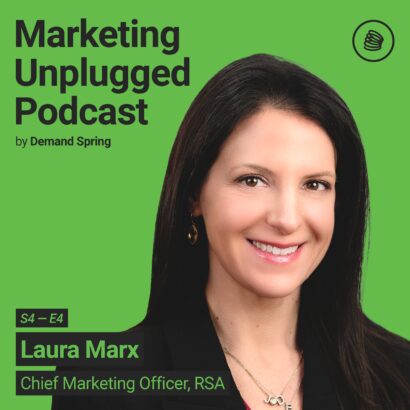
In its 15+ years of existence, Marketing Automation has helped transform marketing organizations in many industries. The next major area that is ripe for transformation is applying Marketing Automation in healthcare to help improve patient care.
As is well-known, healthcare is going through a tremendous digital transformation. Paper-based charting is (gradually) giving way to digital charting. Physicians and researchers can now aggregate patient data to study clinical trends and improve outcomes. Doctors with iPads are now commonplace in many hospitals. The incredible sophistication of diagnostic and testing equipment has dramatically shortened the time to diagnosis and treatment.
For patients, the Internet and social media has forever changed the manner in which they educate themselves on healthcare issues and advocate for their health.
The Lagging Area of Digital Healthcare: Patient Communication
The area that continues to lag dramatically when it comes to digitization is patient communication. In many hospitals, this remains a paper-based process with many gaps.
Take the example of someone going in for elective surgery, say a knee replacement. The patient will meet with the orthopaedic surgeon in advance of the surgery. They will be given a booklet outlining what they need to do before and after surgery. It outlines what to expect in terms of pain, mobility, and other potential outcomes.
Following surgery, the patient usually (but not always) will have a short visit from their surgeon while still in the hospital, and a follow-up visit several weeks later. Nurses and other hospital staff will provide wonderful care for the patient while in hospital. But there is typically no ongoing proactive communication from the hospital about post-operative considerations like pain management, and what to expect in terms of progress and limitations once the patient has been discharged.
Lost Opportunity. Big Implications.
This communication vacuum has several important implications:
- Self-Directed Treatment: Patients are left to find out information on their own through the myriad of good and not so good advice online. As David A. Feinberg, the Chief Marketing Officer of New York-Presbyterian Hospital said in an interview in Mashable last year, it’s “incumbent on respected healthcare institutions to make sure people are able to decipher the information all around them and to provide accurate, timely and useful information for patients to utilize.”
- Patient Experience: The battle for loyal customers is becoming increasingly important for hospitals. What better way to improve the customer experience and build loyalty than carefully nurturing a patient through recovery at home.
- Patient-centered Outcomes: At a time when hospitals are aligning their focus behind patient needs and patient-centered outcomes, the communication gap stands in stark contrast.
- Cost Management: Healthcare providers desperately need to lower their costs. Proactive communication is an important element in reducing readmissions.
How to Leverage Marketing Automation in Healthcare for Patient Communication
How can Marketing Automation in healthcare be used to drive better patient outcomes? The opportunities are vast and meaningful. Our knee replacement patient could opt-in to receive an ongoing nurture stream of email communication sent before and after surgery. It could provide helpful tips and videos on pain management, rehabilitation, as well as appointment reminders and recommended physical therapists.
Web personalization can be used to enable patients to see content on the hospital’s website that is specifically focused on knee replacements.
Post-recovery, the hospital can stay in touch with the patient regarding important community-related hospital initiatives that further build loyalty. They can communicate with her regarding fundraising initiatives.
Providers like Christiana Care Health System are using Marketing Automation in healthcare to decrease ER visits and increase the number of scheduled, preventative care checkups. Christiana uses Marketo to empower patients and families to be proactive about their healthcare and improve their overall quality of life. Not only has Christiana used Marketing Automation to improve patient care, it has had an extremely positive impact on their financial performance with a 3,000% ROI.
Healthier patients. Healthier hospitals. A prescription for Marketing Automation is what the doctor ordered in 2018.





